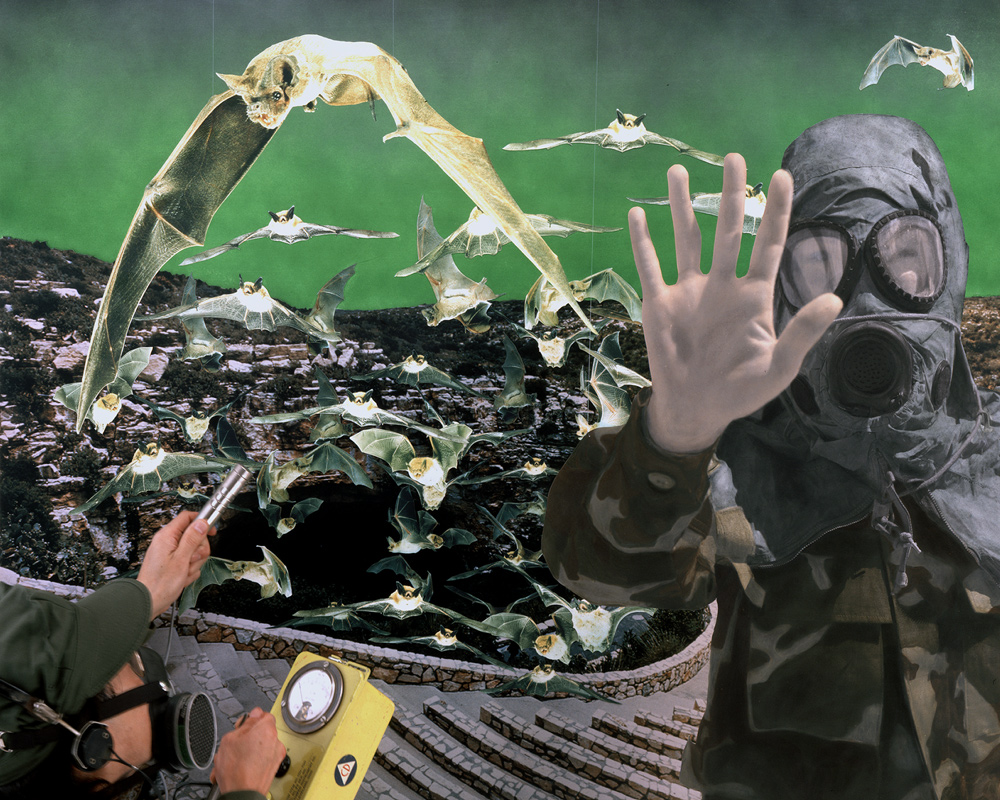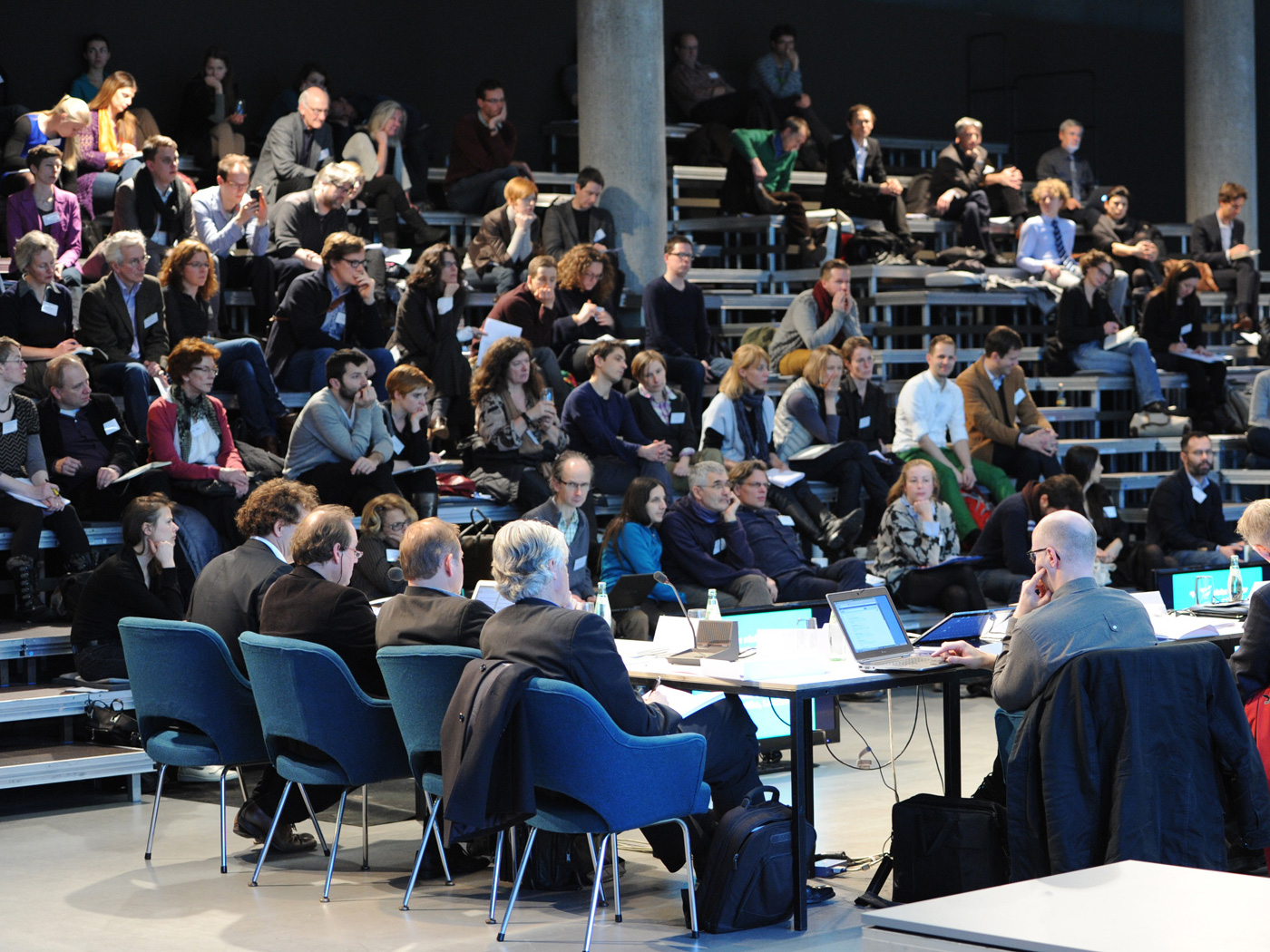
This post was co-authored by
Mariëlle Hoefnagels, University of Oklahoma, Dep’t of Microbiology and Plant Biology
and Amanda Boehm-Garcia, University of Oklahoma, Fred Jones Jr. Museum of Art
Art can highlight environmental issues and be a vehicle for change. While the role of art is as varied as the artists who create it, there are those whose practices intentionally challenge our perspectives, raise awareness, and pose difficult questions to give shape to the world around us. This approach is akin to the impetus that drives the sciences. Many artists, such as American photographer Patrick Nagatani (1945-2017), have melded the methodologies of visual language with detailed scientific study to raise public consciousness about environmental distress.
Continue reading






![By Zde [CC BY-SA 4.0 (https://creativecommons.org/licenses/by-sa/4.0)], from Wikimedia Commons](https://inhabitingtheanthropocene.files.wordpress.com/2018/07/odysseus.jpg)
You must be logged in to post a comment.